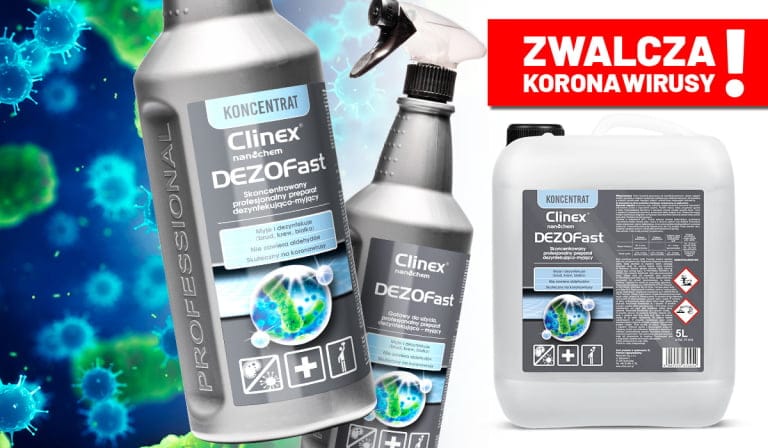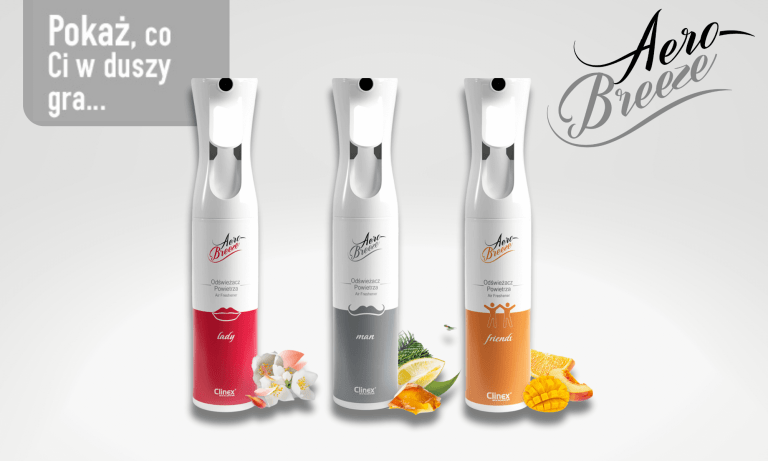A tattoo parlor should protect the health of its customers - there is no doubt about it. It is not only about maintaining safety rules in terms of employee hygiene and sterilization of tools, but also about thorough disinfection of the workplace. And here it is crucial to use appropriate measures.
Tattooing has been very popular for several, if not a dozen or so years. Many people decide to decorate their bodies, taking into account the professionalism of the places they choose to perform the service. Tattooing at home or going to suspicious places has been out of the question for a long time. People want to get tattooed in completely hygienic and therefore safe conditions. Despite everything, not everyone realizes what this topic means. What is safety in tattoo parlors? What areas should be disinfected? What precautions should a tattoo artist take? Today we will answer these and many other questions.
Sterilization in tattoo parlors
One of the most important safety issues in tattoo parlors is, of course, sterilization of tools. The person performing the tattoo uses very precise equipment that comes into deep contact with the skin. Therefore, the sterilization process itself is no different from that in hospitals or other medical facilities dealing with the treatment of patients. Tattooing is an invasive procedure. If performed incorrectly without following safety rules, it may result in infection, i.e. introducing microorganisms into the client’s body. Nay. The tattoo artist himself may also become infected, as he may have, for example, unprotected wounds on his body during the procedure. Sterilization is a must and only this will provide almost 100 percent protection against hepatitis C, caused by the HCV virus, hepatitis B, caused by the HBV virus, AIDS, caused by the HIV virus, tetanus, tuberculosis and many skin diseases.
Disinfection in the tattoo parlor – what places need to be disinfected most often?
However, the above information seems obvious and certainly does not surprise anyone. Meanwhile, it’s not all about maintaining the safety of tattoo artists and customers. It is also obligatory to disinfect all areas in the tattoo studio. Some of the most important points that must be disinfected with appropriate means are:
- tattooing chairs/beds – although these types of places are most often protected with disposable mats (e.g. foil), these areas should be strictly disinfected each time (when the client changes). Otherwise, contact with the skin, even momentary, can lead to bacterial or viral infection. Unfortunately, in many tattoo parlors, chairs and beds are only subject to superficial cleaning, e.g. using disinfectant wipes. Meanwhile, this process should be very thorough using a high-performance, aldehyde-free disinfectant, which is characterized by very high bactericidal and virucidal properties. Such products include, among others: CLINEX DEZOFast, a product that obtained the Permit No. 8010/20 from the Office for Registration of Medicinal Products, Medical Devices and Biocidal Products on March 6
- waiting room/reception – a lot of people frequent this type of place, especially if the tattoo studio is popular and therefore crowded. Counters, chairs and door handles should be regularly disinfected
- working surfaces – there is usually a lot of equipment and furniture at the tattoo artist’s stand, e.g. countertops, tables, cabinets – all these places are very exposed to contamination due to their purpose
- floors – especially in the tattooing area. This area may contain secretions such as blood, which means that disinfection with appropriate means and in an appropriate manner should take place every day.
- walls and other furniture/equipment outside the tattooing area – wiping away the dust is not enough – these types of areas should also be regularly disinfected.
Disinfection in a tattoo parlor – how to do it?
The key is to choose the right agent, e.g. the already mentioned CLINEX DEZOFast . First, remove any contamination from the surface of the disinfected area. The next step is to wet the surface (e.g. with a cloth or mop) and dilute the concentrate appropriately per liter of water. Please remember that depending on the use, appropriate information can be found on the preparation packaging. It is not necessary to rinse the floors unless they are polished or waxed. It is worth preparing a fresh solution every day or more often, depending on the need.
Read also: 4 areas of disinfection in hairdressing salons
Areas of application of disinfectants
Tattoo parlors are not the only places that should be regularly disinfected using the right products. This type of areas also includes catering outlets, toilets, offices, consumption rooms, and shopping centers. Similarly, gyms, fitness clubs, nurseries, kindergartens, children’s playgrounds, beauty salons, and medical points. Disinfection is especially important today due to the current coronavirus pandemic.






